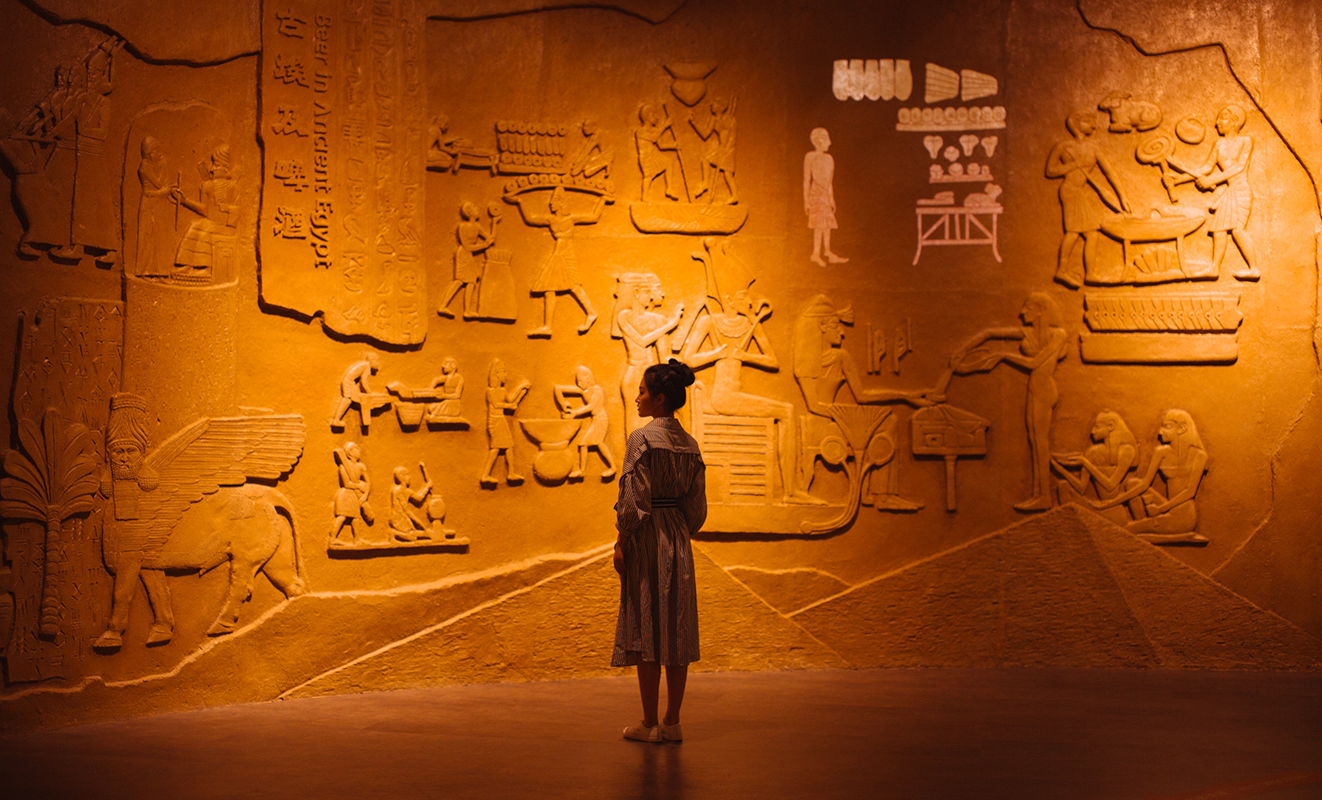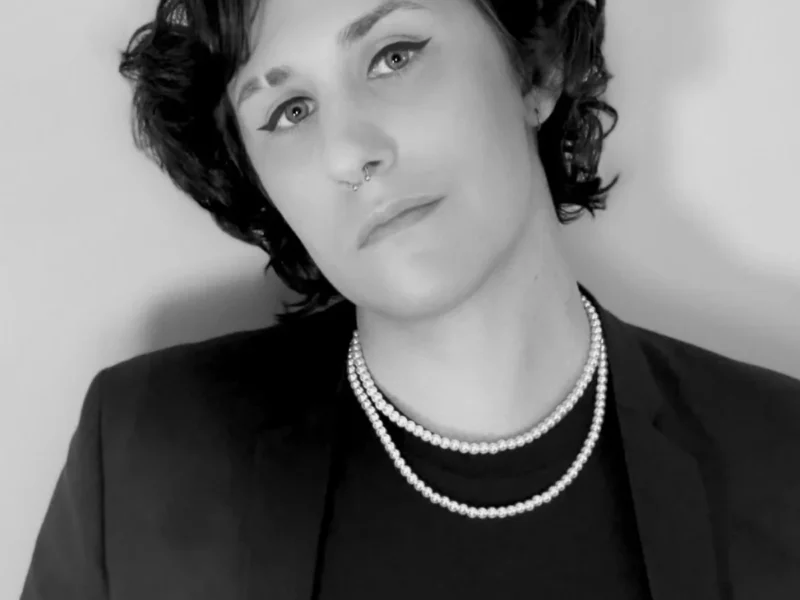Women’s History Month: 7 Influential Female Poets
Female poets have been shaping the poetry game since about 600 BC (or maybe even earlier). In honor of women’s history month, we’re highlighting seven more female poets who’ve helped shape the genre and left a lasting impression. Whether you explore all seven or find a single new favorite, these women’s impact is undeniable.
Ise no Taifu (est. 1001–1100)
Eleventh-century Japanese poet Ise no Taifu (伊勢大輔)—also sometimes called Ise no Tayū or Ise no Ōsuke—was central to what is now known as the waka (和歌) poetry movement. This classical type of poetry includes tankas (short poems) and chōkas (long poems). Only a few of Taifu’s poems have survived, but today she is considered one of the thirty-six poetry immortals.
Emily Brontë (1818–1848)
It should come as no surprise that one of the four Brontë sisters would make this list. Although Emily Brontë is best known for her novel Wuthering Heights, her poems are also very highly regarded. They were published in a victorian-era volume alongside her sisters Charlotte and Anne. Titled Poems by Currer, Ellis, and Action Bell (1846), the collection met a quiet release and only later gained fame.
Jesse Redmon Fauset (1882–1961)
African-American poet, essayist, and novelist Jessie Redmon Fauset was central to African-American literature in the the1920s Harlem Renaissance. In addition, she was the literary editor of The Crisis, an NAACP magazine. This role helped her discover and mentor other iconic African-American writers such as Langston Hughes, Jean Toomer, and Claude McKay.
Christina Rossetti (1830–1894)
Victorian romantic poet Christina Rossetti published a number of devotional and children’s poems during her career. She also wrote two memorable British Christmas carols: “In the Bleak Midwinter” and “Love Came Down at Christmas.” At 31, she published Goblin Market and Other Poems which met wide critical acclaim and secured her position as the foremost female poet of the time.
Qiu Jin (1875–1907)
Chinese revolutionary feminist writer Qiu Jin (also sometimes called Xuanqing, Jingxiong, or Jianhu Nüxia) was executed in 1907 but is today considered a national heroine and martyr. After studying in Tokyo for several years, she returned to China and established the Encompassing Love Society, a women’s group promoting wearing Western male dress. While in Tokyo, she edited a journal called Baihua Bao (Vernacular Journal), which used vernacular Chinese as a medium of revolutionary propaganda.
Florbela Espanca (1894–1930)
Portuguese poet and feminist Florbela Espanca is most known for her passionate writing style and non-monogamous sentiments. Over the course of her literary career, she published five poetry collections, two dedicated to her brother, and two largely inspired by her marriages and two miscarriages. Espanca was open about her desire to express her love in a non-monogamous setting, which was revolutionary for the time and more specifically in Portuguese love sonnets.
Elizabeth Bishop (1911–1979)
Arguably one of the most gifted poets of the twentieth century, Elizabeth Bishop was awarded not just a Pulitzer Prize but also a National Book Award and a Neustadt International Prize for literature. Her poetry and short stories were largely influenced by the poet Marianne More, whom she met in 1934. She later became great friends with Robert Lowell and Randall Jarrell. Despite her contemporaries using a more confessional style, Bishop favored using sparse details from her personal life and focusing on highly detailed, distant, and objective point of view.




